- February 3, 2026
-
-
Loading

Loading
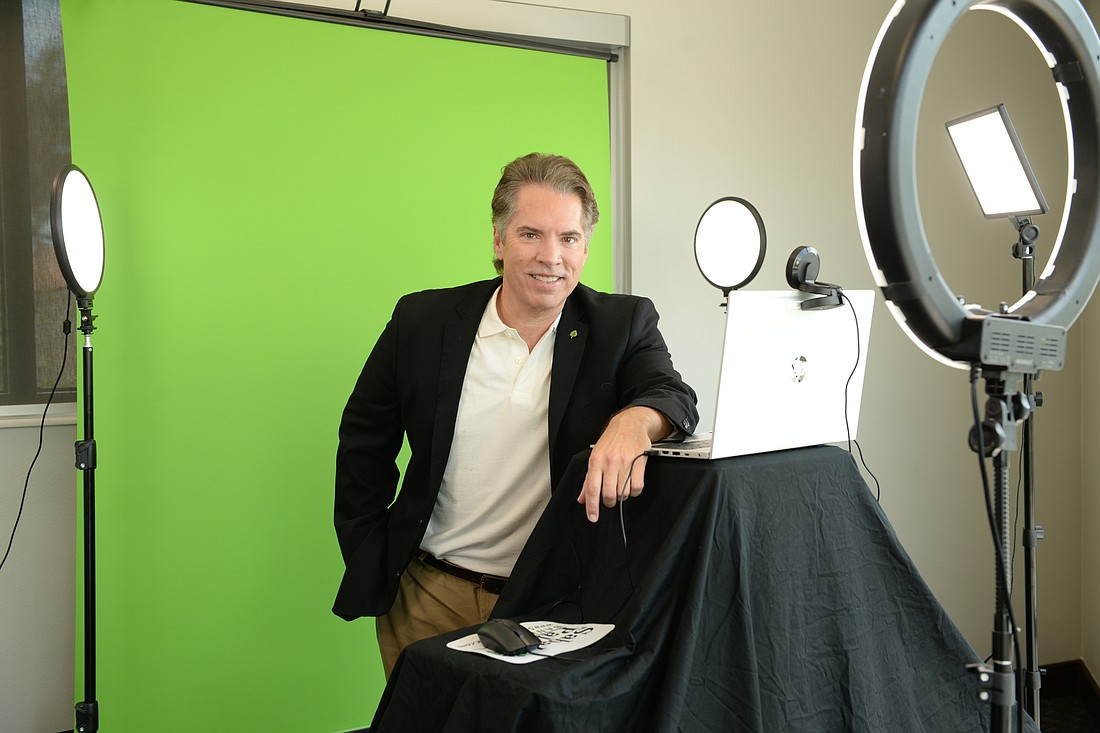
The past three months have been a wild ride for the Gulf Coast economy, particularly the banks that feed it capital. In response to the pandemic, banks quickly adjusted their operations, closing down branches, restricting them to drive-thru service or limiting in-person service.
Then came the Paycheck Protection Program, a $511.3 billion, to date, federal effort to help small businesses avoid layoffs during the COVID-19 crisis. With about 48% of the U.S. workforce employed by small businesses, nothing less than the national economy was at stake, and banks were thrust into the role of middlemen between their clients and the U.S. Small Business Administration, the agency responsible for the disbursement of PPP loans.
Banks received and processed thousands of PPP applications, so financial institutions up and down the Gulf Coast were busier than ever. The loans, while forgivable, were not lucrative bailouts. At Sanibel Captiva Community Bank, for example, the average loan amount was just under $100,000. The bank, in a statement, says its PPP loans ranged from $500 to $3.7 million and helped more than 9,000 workers keep their jobs.
Credit unions also got in on the act. According to Kevin Johnson, president and CEO of Tampa-based Suncoast Credit Union, the institution closed more 1,700 loans for $45 million, with an average amount of $28,000. USF Federal Credit Union, headquartered in Tampa, processed some 335 PPP applications worth more than $15 million.
Banks and credit unions that processed PPP loans made between 1% and 5% in fees, so it behooved them to get up to speed quickly on the program.
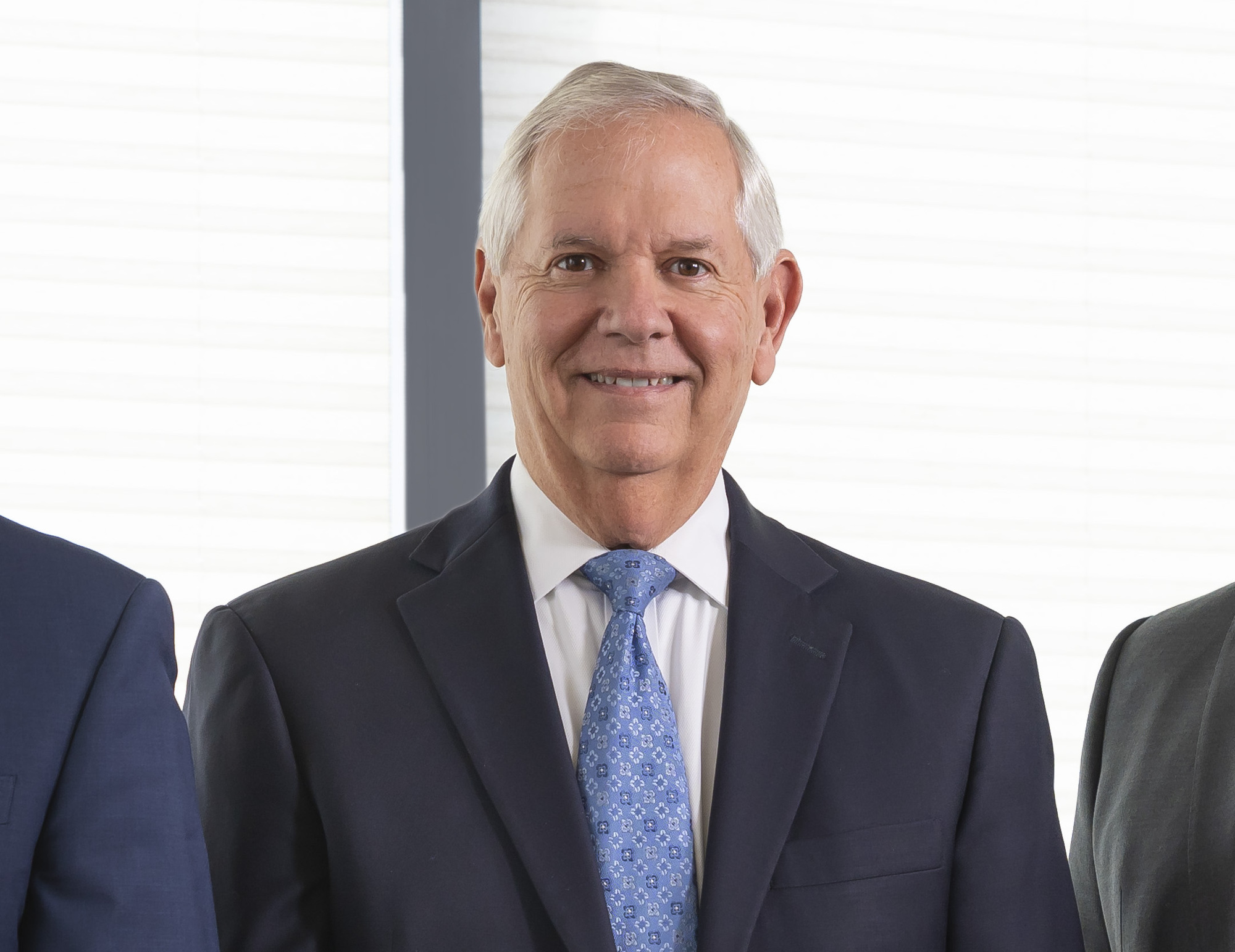
PPP has “at least given small businesses a chance,” says Bill West, president and CEO of The Bank of Tampa, which processed 2,000 PPP loans totaling $382 million. “I think it was a success, and I'm glad we could help our clients.”
In addition to fees reaped, another benefit of PPP was potential new clients. The Bank of Tampa, West says, helped about 300 nonclient businesses with PPP applications. Many of them ran into delays when trying to obtain PPP loans via large national banks, so they turned to smaller, locally owned institutions, such as The Bank of Tampa.
“If there are any silver linings to this really dark cloud,” West says, “one of them would be that we got to know 300 prospects in a hurry. … We were able to help them and try to figure out if we can help them beyond the PPP book."
But beyond PPP, what will the remainder of 2020 look like for Gulf Coast banks? Unemployment is high, interest rates remain low, and asset quality could deteriorate, which created a tough path for some financial institutions. Plus, with COVID-19 cases on the rise in Florida as the state has gone to phase two of Gov. Ron DeSantis’ reopening plan, public health remains a top concern and fears abound of a second wave of coronavirus cases.
The Business Observer spoke with leaders of six Gulf Coast banks to get a sense of how they've handled the crisis and what they’re doing to gird for the challenges ahead.
VALLEY VICTORIOUS
Like The Bank of Tampa, Valley National Bank — headquartered in New Jersey with a strong presence on the Gulf Coast thanks to its acquisition of Clearwater-based USAmeriBank — padded its prospect list thanks to PPP. Joe Chillura, the bank’s executive vice president and president of commercial banking for Alabama and Florida, estimates the bank connected with nearly 3,000 potential new clients during COVID-19.
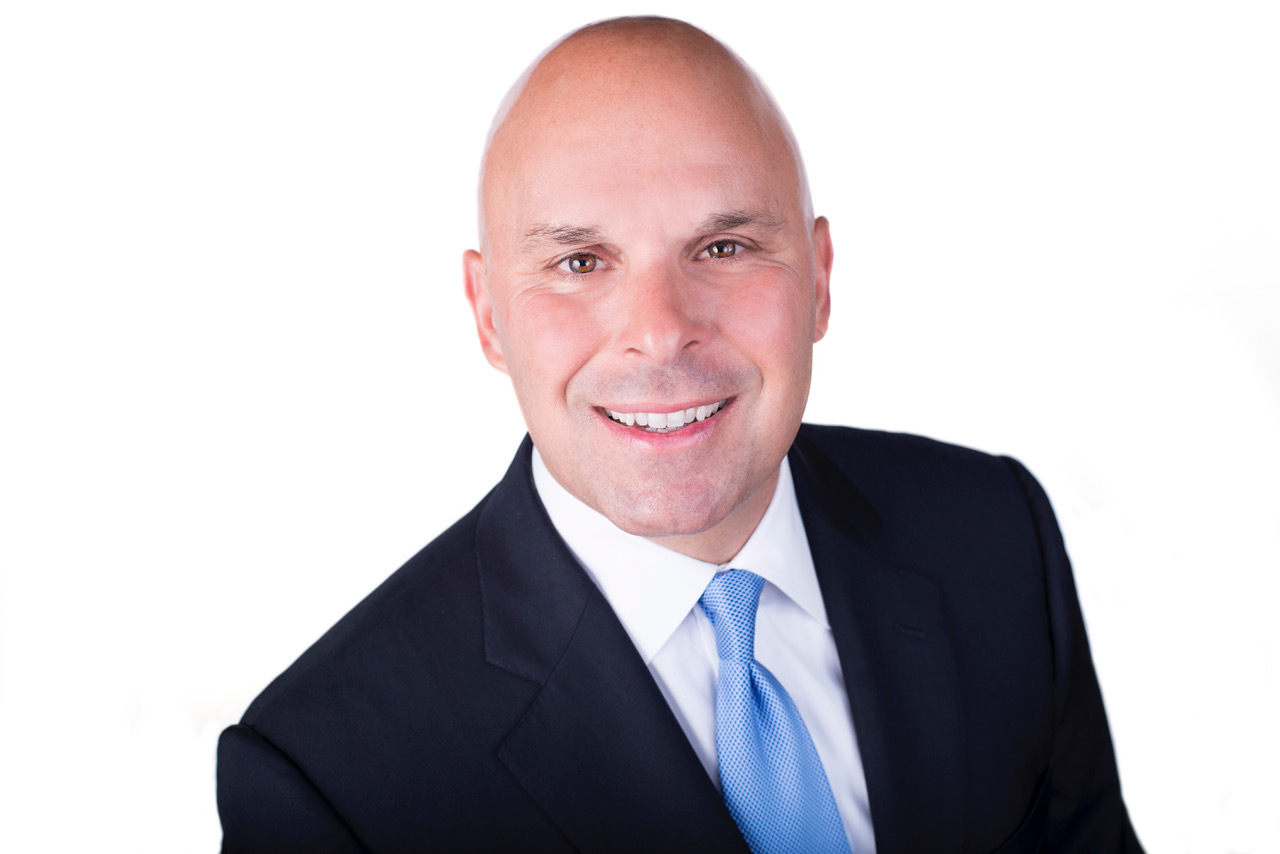
“It’s been a great tool,” Chillura says of PPP. “It provides you with a sense of relevance when you can help companies and individuals go through a tough time.”
Valley was one of the big winners of PPP, processing some $2.25 billion worth of loans. To date, PPP loans constitute 7.4% of its lending portfolio.
To handle the rush of applications, Chillura says Valley had staff working “around the clock” for about two weeks. To expedite processing, the bank used a Microsoft Sharepoint site applicants could use to submit documents, but staff were also trained to file PPP applications manually.
"Because of the volume that the SBA was taking on," he says, "we knew it could become a manual game if, for some reason, the technology failed.”
Despite PPP, banks, Chillura says, face significant headwinds. First and foremost is asset deterioration.
“How loans perform in tough economic times is really the art of the deal,” he says. “If you have pristine credit quality, and your customers are well capitalized to navigate through this recession well, then banks perform well. But if you have lent money to businesses in industries that have challenges, then those challenges will affect banks and financial institutions.”
A second obstacle is low interest rates. “It’s very difficult for banks to make money when rates drop as low as they've dropped because we have no real margin to speak of,” Chillura says. “We've had to lower rates on a lot of our floating-rate loans, and now we've lowered what we're paying on our deposits. … There is just massive amounts of margin pressure as a result of the interest rate environment.”
EXTRAORDINARY EFFORTS
With $2.4 billion in loans processed, Gulfport, Miss.-based Hancock Whitney — whose Tampa Bay division boasts $1.8 billion in assets, 13 branches and 155 employees — was another PPP heavy hitter. The bank's PPP loan volume as a percent of total loans is 11.1%.
For about two months, the PPP process dominated employees’ time, says Tim Coop, the bank’s Tampa Bay regional president.
“I have never seen anything like the combined effort we’ve put into this,” Coop says.
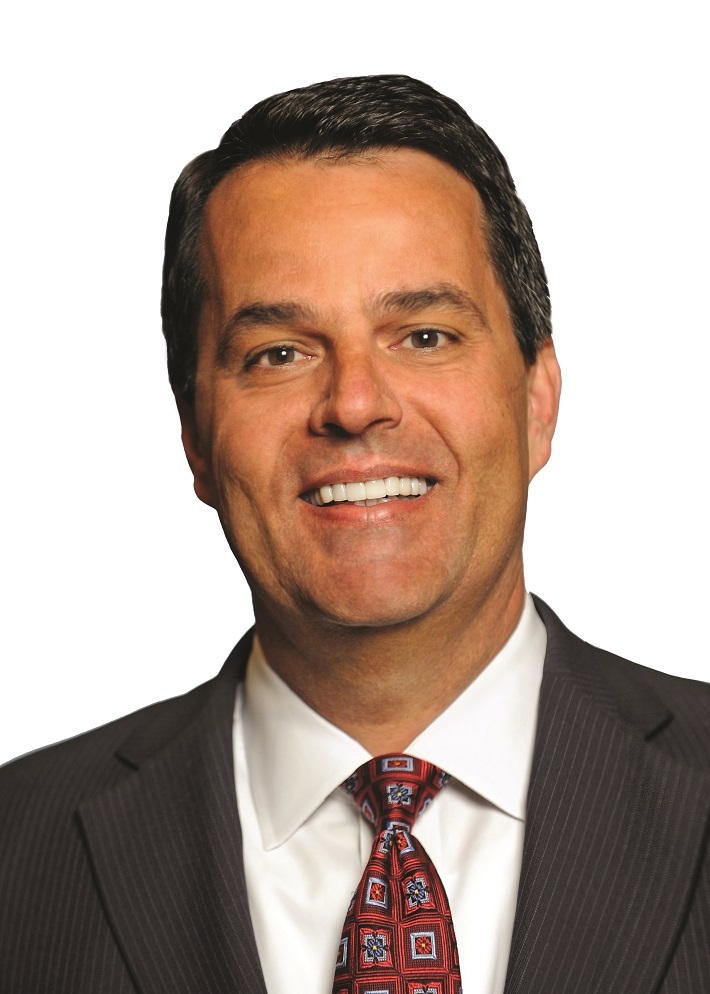
In the Tampa Bay area, the bank did about 800 loans for just under $200 million, with the average loan about $200,000. “It’s really something we’re proud of, and it has had a galvanizing effect on the culture and employees,” he says. “That in itself has motivated folks.”
To help clients prior to PPP, Hancock Whitney initiated a payment deferral program. The program offered customers the opportunity for three months of deferrals, something Coop says quite a few customers took advantage of.
For the six months ahead, Coop predicts a recovery that’s a steady climb. “I think we’re moderately optimistic there will be a V-shaped recovery,” he says. Despite the positive May jobs report, he says people should probably expect a slower recovery. “I think it will be more moderate going forward.”
Coop is seeing how the pandemic has affected certain sectors more than others. IT businesses and companies that support working from home are doing well along with over-the-road trucking and logistics companies. Airlines and other businesses that transport people are still a question mark.
“Banks are necessarily going to be more picky when it comes to restaurant lending and hospitality and hotel lending,” he says. “We’re still out actively making loans to folks with a good track record that have staying power and have shown they have good business acumen.”
DEALS DEFERRED
Along with the successes banks point to during the pandemic, there were also disappointments. Perhaps most notably, Suncoast Credit Union saw its bid to acquire Miami-based Apollo Bank fall through and blamed the collapse on COVID-19 disruption.
Freedom Bank, headquartered in St. Petersburg, was in the midst of a merger with Stuart-based Seacoast Bank at the time the pandemic struck. CEO Cathy Swanson says that deal, originally expected to close in June, is now anticipated to close in August.
“Once the PPP program started, it was all hands on deck — all hours of the day, seven days a week,” Swanson states. “Our teams worked pretty hard at making sure our customers were taken care of. It was an extraordinarily busy time in April and the first part of May.”
Freedom Bank, with $338.9 million in assets through Dec. 31, 2019, did $55 million in PPP loans — about 350 loans.
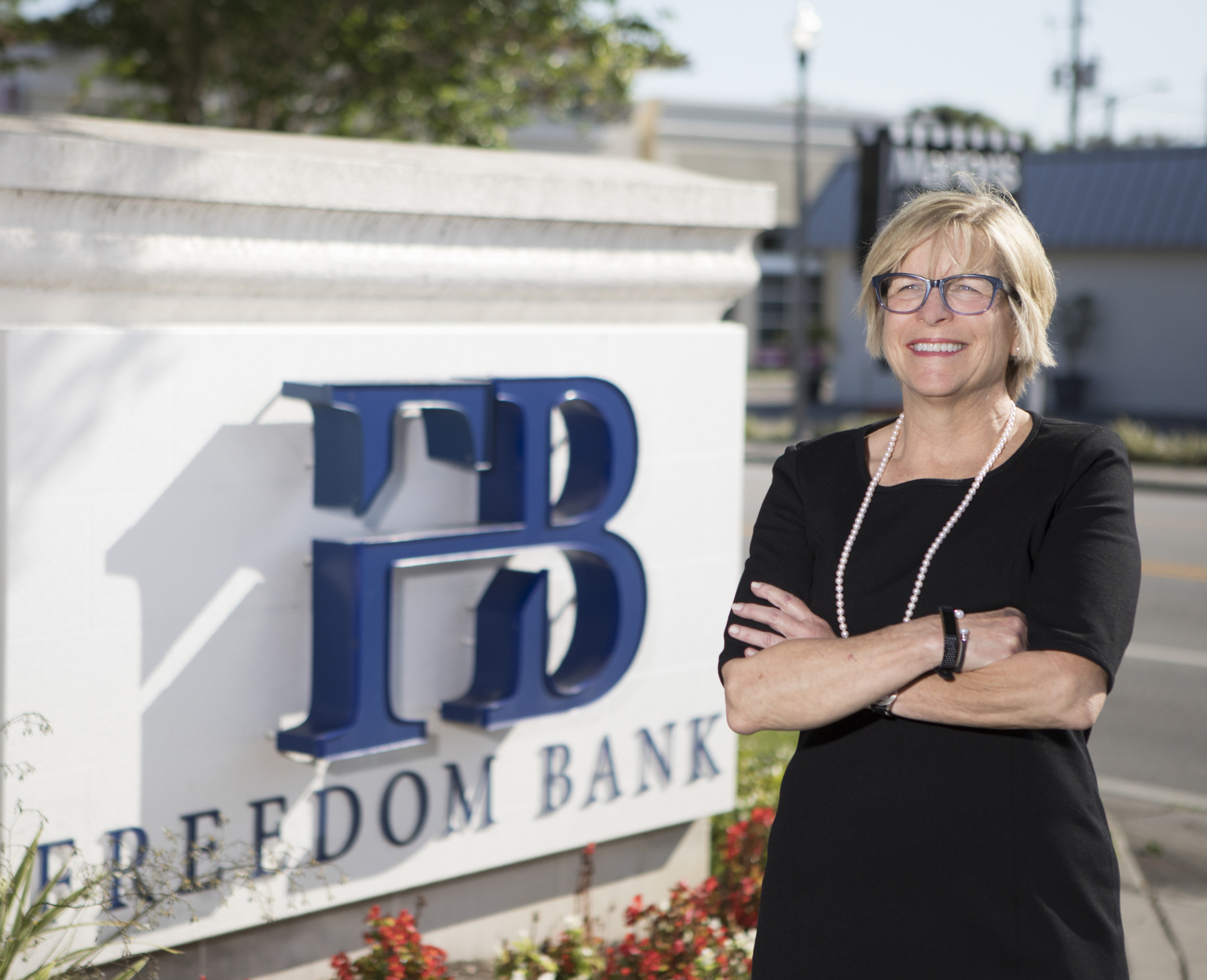
“For a bank our size, it was a pretty big number,” Swanson says.
Freedom Bank, she adds, is making a point of having conversations with business customers about how the pandemic is affecting them. The goal? Understand their challenges and how long it will take for them to reach 100% capacity.
“Every business is somewhat different for us,” Swanson says. “It’s making sure we’re staying closely connected to our customers, so we can respond appropriately to their needs.”
After this busy period, Swanson expects the buzzword to be “caution” for the rest of 2020. “I see most banks being very cautious,” she says. “I think nobody really knows at this point the full impact of COVID-19.”
CITRUS GROWTH
Jack Barrett, CEO of First Citrus Bank in Tampa, agrees that PPP was a golden opportunity for community banks — “the economy’s first responders,” as he describes them — to step up and show what they can do. First Citrus processed some 1,200 PPP loan applications totaling $106 million, and 20% were for new clients.
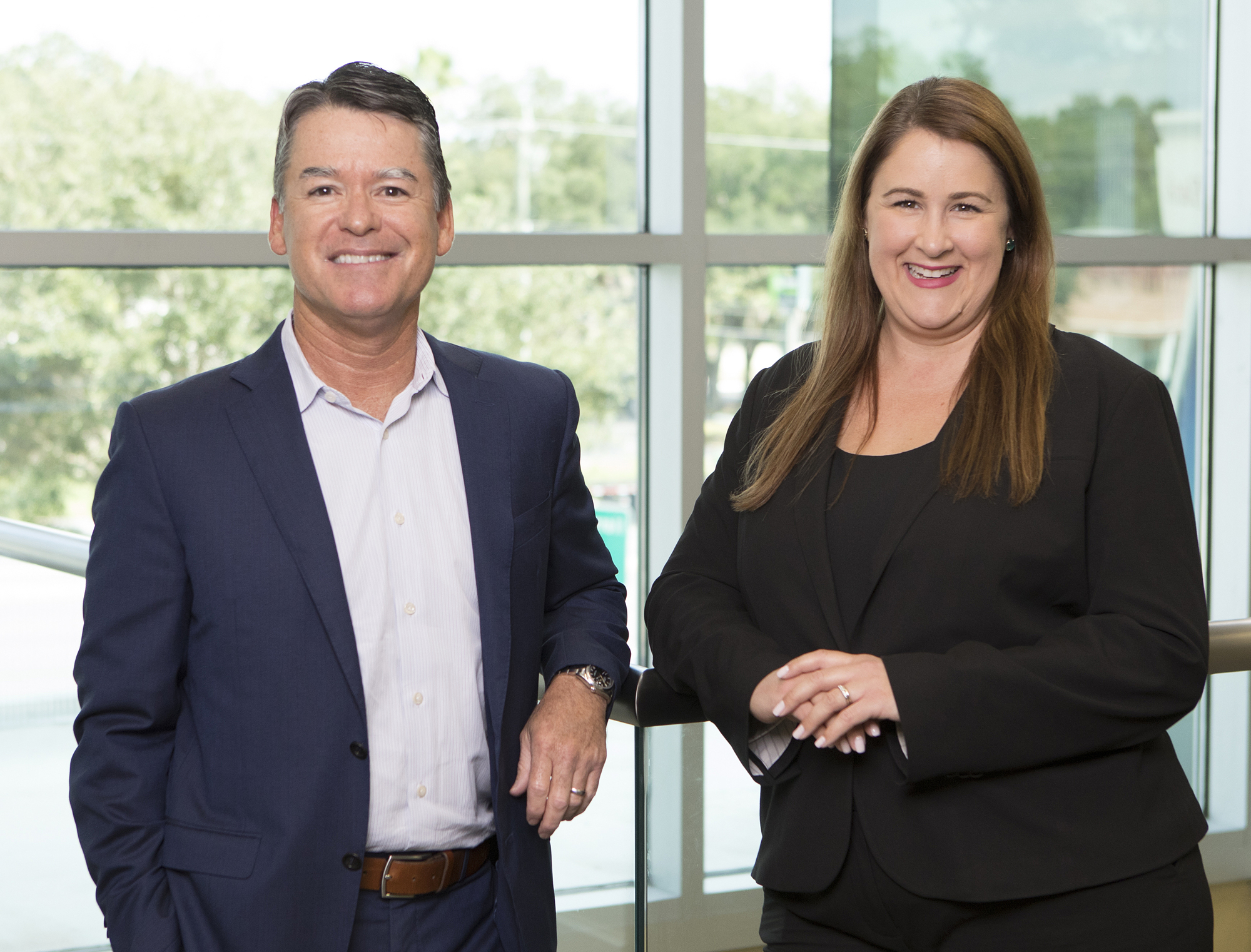
“It’s thrilling,” Barrett says. “That’s more new clients than we would get in an entire year.”
For Barrett, there’s no question who the winner of the pandemic economy is: community banks. He’s seeing an “exodus” away from big national banks and even super-regional banks. “So many small businesses, they couldn’t even get a return phone call” from big banks, he says. “And so they were just banging down our doors — calling, texting and emailing, and of course we welcomed them with open arms.”
The result has been a surge of growth. At the outset of the year, First Citrus boasted $400 million in assets. That number has since exceeded $500 million.
First Citrus, historically, has had significant holdings in commercial real estate, which could be cause for concern if the economy remains sluggish. But Barrett says the bank, in recent years, has reduced its CRE balance sheet — especially in categories like retail outlets and movie theaters, as well as Class A office space, that stand to be hard hit by COVID-19.
“The people who are gonna get whacked pretty good are the Class A office space [lenders] in big metropolitan markets,” he says. “Businesses didn't realize that so many people could telecommute and still function well.”
BURN THE MIDNIGHT OIL
Like many bankers, Neil McCurry Jr. describes long days during the pandemic.
“We didn’t look at it as a 9-to-5 day,” says McCurry, president and CEO of Sarasota-based Sabal Palm Bank. “Some days we went home, had dinner and came back and worked to 4 a.m.”
The bank, with $253.8 million in assets through Dec. 31, 2019, worked on 750 PPP loans totaling $76 million. Morale has been high, McCurry says, because employees know the work they’re doing is affecting local businesses. It also helped that the bank immediately started seeing the rewards of its work — phone calls, emails and letters from customers thanking them for their help. “It was very inspirational for us,” he says.
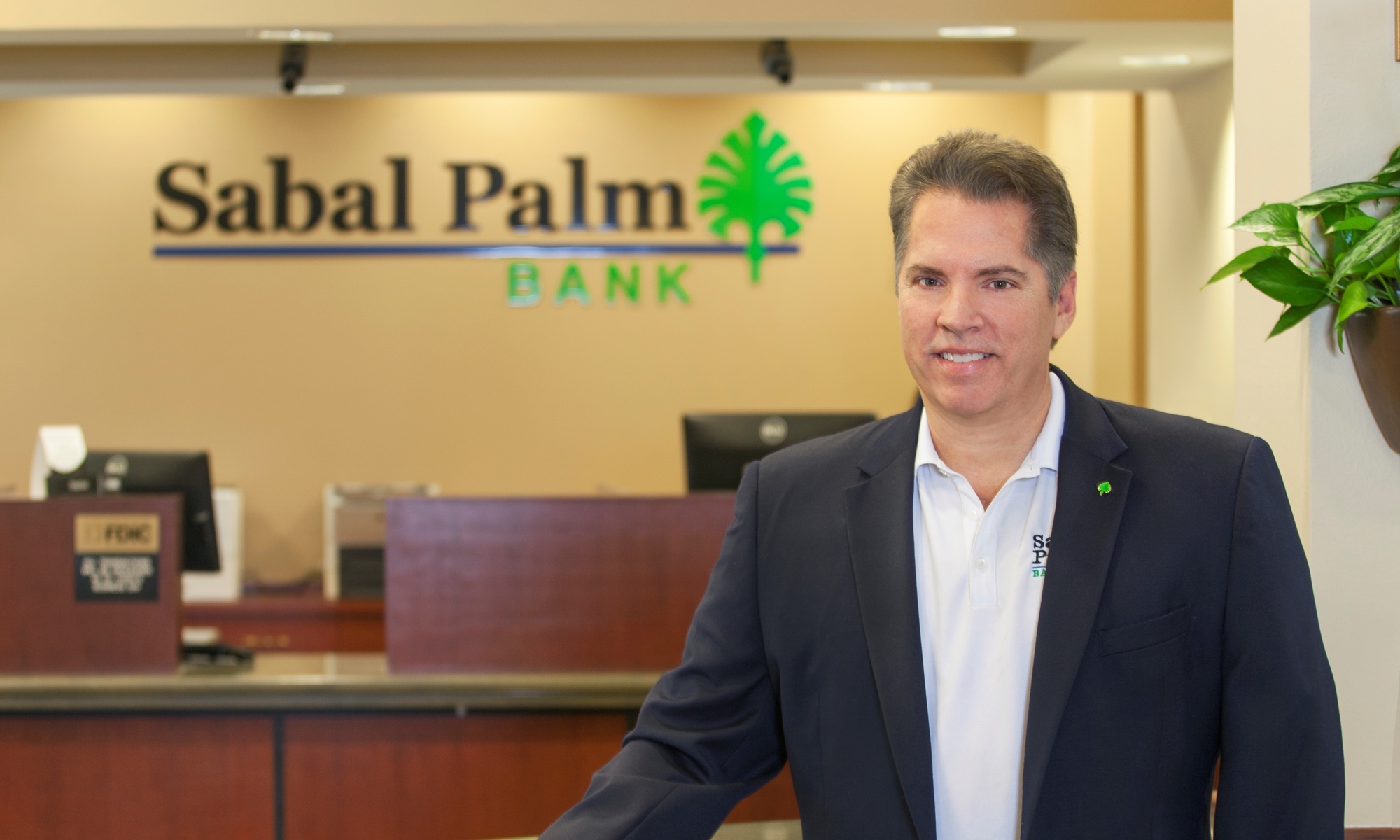
Since COVID-19 hit the area, Sabal Palm has had to learn a new way of operating. Pre-pandemic, bank officials were used to talking to customers in person. Now virtual conversations are the norm, and the bank has partially converted an office to a virtual conference room. In another sign of the times, instead of visiting groups to talk about certain topics, the bank recently held two webinars for area businesses about PPP loan forgiveness with accountants from local CPA firms.
People are also reaching out to Sabal Palm for insights about what’s happening in the local economy. McCurry says one thing he’s telling them is straightforward and cautionary: “We’re not out of the woods.”
A key question ahead will be whether businesses can sustain payrolls when PPP funds run out. Another unknown is the full effect the pandemic will have on tourism and when tourism will rebound.
On a positive note, McCurry says he hasn’t seen any meaningful declines in property values or any distressed sales that would result in deep declines in asset values for customers. “The real estate market continues to stay reasonably stable,” he says.
Overall, McCurry expects the next six months to be a mixed bag: “I think we’re going to have some ups and some downs.”
Bill West, at The Bank of Tampa, concurs that the economy is entering a period of uncertainty and that it’s time for banks to start “anticipating some deterioration in credit quality. … Every single bank in this country is going to be negatively impacted to some degree, and as a result of that, they're boosting their reserves. We’re certainly doing that.”